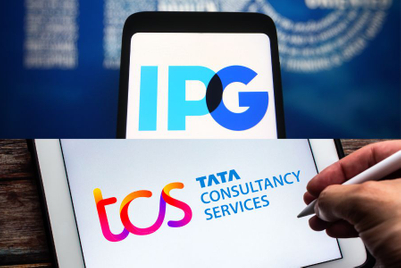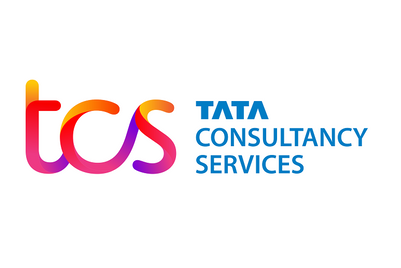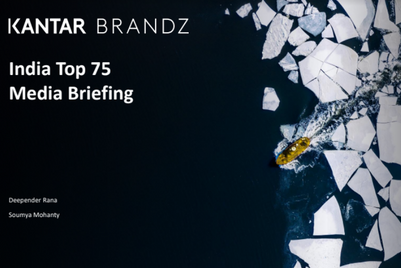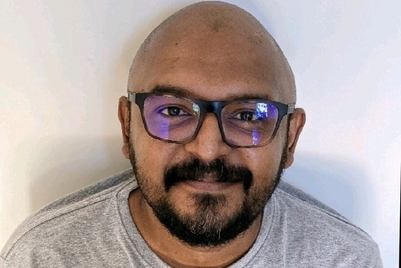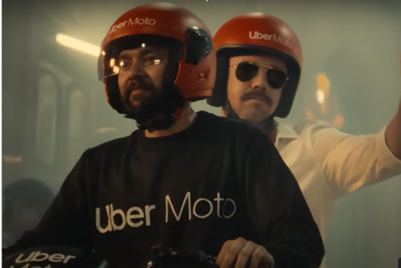.jpg&h=570&w=855&q=100&v=20250320&c=1)
In the bustling heart of Mumbai, at the iconic headquarters of the Tata Group, a unique sight became common in 2018—stray dogs freely wandering through the grand halls of The Bombay House. This simple act of compassion was a decree made by Ratan Tata, the industrialist known as much for his immense business achievements as for his boundless love for animals.
It is a small, yet profound, reflection of the man who reshaped Indian business on the global stage while maintaining an unwavering sense of humility and empathy. Yesterday, at the age of 86, Ratan Tata, the chairman emeritus of Tata Sons, Tata Motors, Tata Steel, and Tata Chemicals, passed away, leaving behind a legacy unmatched in scale, depth, and human impact.

Born in 1937 to Naval Tata and Soonoo, Ratan was the great-grandson of Jamsetji Tata, the visionary who founded the Tata Group nearly 150 years ago. Ratan’s upbringing was anything but ordinary—his school ride was a Rolls-Royce—but humility was always his hallmark.
Despite the luxuries surrounding him, Ratan’s sense of service to his country, employees, and the broader community never wavered. He often reflected on his life choices with candour, recalling how his decision to study architecture at Cornell University defied his father's wishes. After completing his education, he briefly worked at IBM and Los Angeles-based Jones and Emmons, before joining the family business in 1962.
Rather than start at the top, at the Tata Group, Ratan began his journey as an assistant in Tata Industries and later spent six months training at Tata Motors’ Jamshedpur plant. His early days in the company were marked by hands-on work, including training stints that shaped his practical understanding of business and engineering. Ratan’s quiet determination saw him rise through the ranks largely on his merit, and by 1981, he was appointed Chairman of Tata Industries, responsible for turning it into the group’s hub for new ventures.
One of the most defining moments of Ratan’s career came in 1999 when Tata Motors’ fledgling passenger car business was rejected by Ford Motors. In a Twitter thread, Vedant Birla, chairman of the Yash Birla Group, wrote about the “humiliation” Ratan felt after Bill Ford made demeaning comments like why Tata set their foot in manufacturing without knowing anything about car production.
#OnthisDay:-2008
— Vedant Birla (@birla_vedant) June 2, 2022
Tata Motors completed the deal to acquire two luxury car brands Jaguar and Land Rover.
“The best revenge is massive success.”
~ Frank Sinatra.
The revenge story Of #Tata, especially #RatanTata Ji over Ford is truly the story of massive success too. @RNTata2000 pic.twitter.com/YCKW6EMR6E
But fate would turn that tale around. In 2008, Tata Motors acquired the luxury British car brands Jaguar-Land Rover (JLR) from Ford, a move that was hailed as a masterstroke of corporate strategy and resilience. This acquisition was just one of many that saw Tata Group grow into a global powerhouse under Ratan’s leadership.
Ratan Tata’s globalisation strategy was marked by a series of bold and visionary acquisitions. In 2000, the same year he was awarded the Padma Bhushan, Tata Tea bought the iconic British brand Tetley for €271 million. This was followed by several other high-profile purchases, including steel giant Corus and the famous luxury hotel chain Ritz-Carlton. His relentless drive to place India on the global map transformed the Tata Group, which, by the time he retired in 2012, was generating $100 billion in revenue annually.
But Ratan Tata was not just a business visionary—he was also a philanthropist, a man whose deep-rooted sense of social responsibility permeated all his decisions. He was instrumental in expanding Tata Trusts, the majority shareholder of Tata Sons, which controls the group’s philanthropic endeavours.
Through initiatives in healthcare, education, and rural development, he sought to uplift millions of Indians. His personal commitment to philanthropy extended beyond corporate obligations; in 2022, he backed Goodfellows, a startup founded by his young business assistant, Shantanu Naidu, to provide companionship to senior citizens.
“Mr Tata’s dedication to philanthropy and the development of society has touched the lives of millions,” said N. Chandrasekaran, the current chairman of Tata Sons, in a statement following Tata’s death. “From education to healthcare, his initiatives have left a deep-rooted mark that will benefit generations to come.”
Ratan Tata’s love for animals was legendary. After opening the doors of Tata headquarters and Mumbai’s Taj Mahal Hotel to stray dogs, allowing them to roam freely in spaces usually reserved for the corporate elite, his passion culminated in the creation of the Tata Trusts Small Animal Hospital in July 2024. This state-of-the-art facility in Mumbai provides advanced care to pets and strays, further cementing Tata’s lifelong commitment to animal welfare.
Though Ratan’s career was marked by remarkable success, he did not shy away from taking risks, even if some ventures did not pan out as expected. His dream project, the Tata Nano—billed as the world’s cheapest car—failed to live up to its ambitious goals, and the group’s foray into telecommunications also ended in losses. Yet these setbacks did little to tarnish his reputation as a leader who wasn’t afraid to dream big and take bold steps in uncharted territories.
Post-retirement, Ratan Tata continued to invest in and mentor startups, not for personal gain but because he believed in the power of innovation to solve pressing societal problems. His belief in the potential of young entrepreneurs was unwavering, and he backed many fledgling companies that aligned with his values of empathy, sustainability, and societal impact.
In his personal life, Ratan Tata remained a deeply private man. Despite being one of India’s wealthiest individuals, he lived modestly, often retreating from the limelight to focus on his charitable work and quiet pursuits. He was an intensely introspective leader who eschewed flamboyance for a life of purpose, service, and thoughtful leadership.
As the world mourns Ratan Tata’s passing, attention turns to the future of Tata Trusts. His half-brother, Noel Tata, has emerged as a key figure in the group’s governance, with growing responsibilities within the trusts that hold significant control over Tata Sons. Noel’s increasing involvement suggests that the transition of power will be seamless, but Ratan’s absence leaves a void that will be felt deeply across the business world and beyond.
The Tata Group, with a market value of $365 billion by end of March 31, 2024 and a brand value of $28.6 billion, remains India’s most valuable corporate entity. Under Ratan Tata’s leadership, it not only became a global conglomerate but also a symbol of India’s rise in the global economy. Yet, more than his business achievements, Ratan Tata will be remembered for his humility, compassion, and unwavering commitment to improving the lives of millions—whether through business, philanthropy, or simply giving a home to the voiceless creatures he so dearly loved.
Ratan Tata’s legacy is not just in the buildings and businesses he built but in the hearts that he touched and the generations he inspired. As Chandrasekaran put it, this “truly uncommon leader’s contributions had shaped not only the Tata Group but also the very fabric of the nation, who inspired by example”. He was, in every sense, a titan—quiet, humble, and visionary. And he leaves very big shoes for his successor to fill.


.jpg&h=334&w=500&q=100&v=20250320&c=1)
.jpg&h=334&w=500&q=100&v=20250320&c=1)



.jpg&h=334&w=500&q=100&v=20250320&c=1)



.jpg&h=334&w=500&q=100&v=20250320&c=1)
